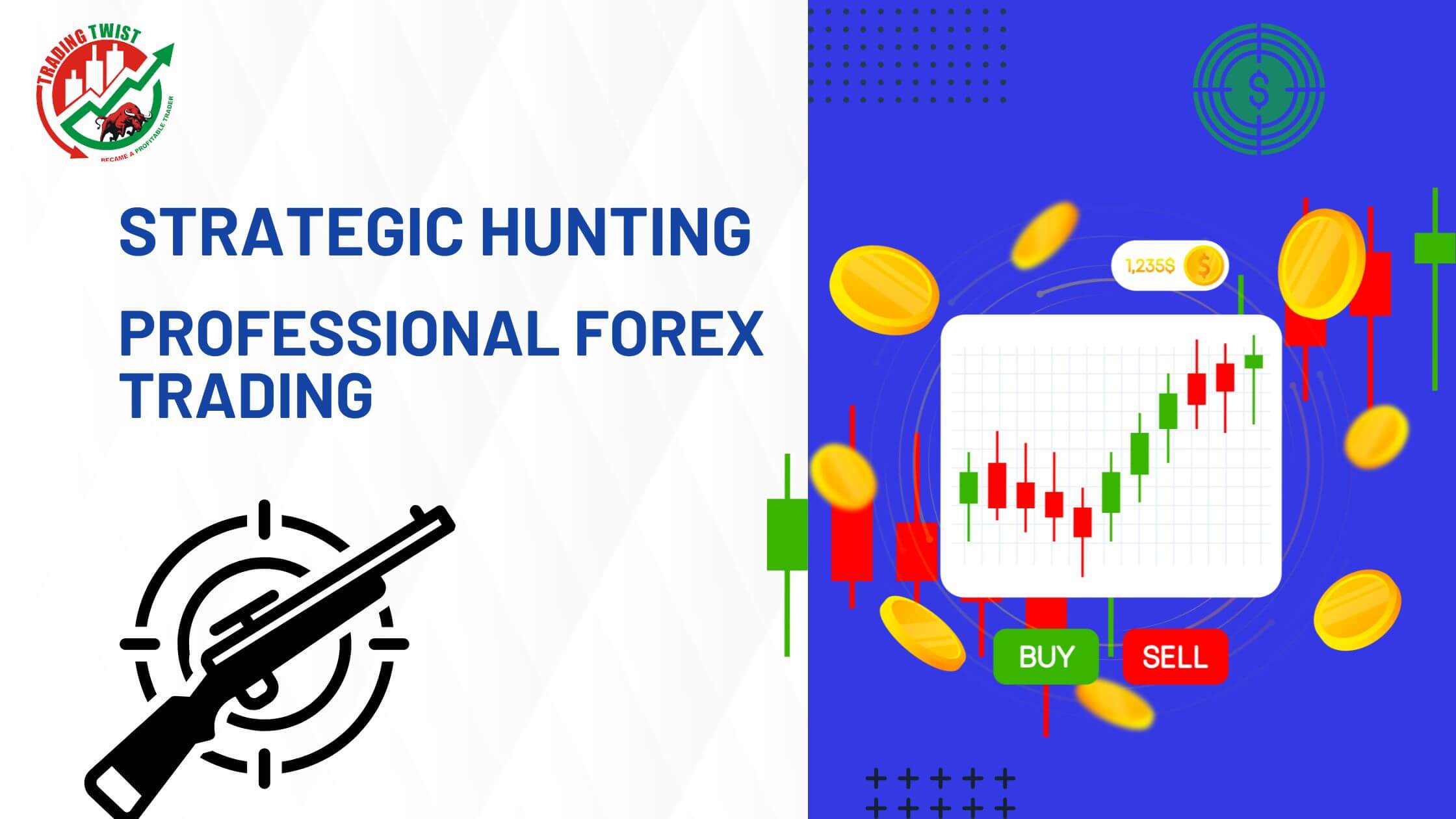
Strategic hunting refers to the process of seeking out and pursuing specific goals or objectives in a systematic and deliberate manner. In the context of financial trading, this typically involves the use of specific strategies and techniques to identify and exploit profitable trading opportunities in the market. The goal of strategic hunting is to achieve consistent and sustainable profits over time, rather than relying on short-term gains or luck.
The key to successful strategic hunting is having a well-defined set of objectives and a clear understanding of the market and its underlying dynamics. This requires a deep understanding of the various economic and financial factors that drive market movements, as well as a solid grasp of technical analysis and trading psychology. It also involves continuous monitoring and adaptation to changing market conditions, as well as the development and refinement of effective trading strategies over time.
What are the benefits of Strategic Hunting?
There are several key benefits to using strategic hunting as a trading approach. Firstly, it allows traders to focus on the long-term goal of achieving consistent profits, rather than being driven by short-term market movements. This leads to a more systematic and disciplined approach to trading, which can help to minimize the impact of emotional and psychological factors on decision-making.
Secondly, strategic hunting enables traders to identify and capitalize on high-probability trading opportunities in the market. By using a combination of technical analysis, market knowledge, and risk management strategies, traders can effectively manage their trades and maximize their returns. This can help to increase the overall efficiency of the trading process and reduce the risk of large losses.
Finally, strategic hunting can provide a sense of control and stability in the often unpredictable world of financial trading. By having a well-defined plan and a clear understanding of market dynamics, traders can feel more confident and in control of their trades. This can help to reduce stress and increase overall satisfaction with the trading experience.
What are the Different Types of Hunters?
There are several different types of hunters in the world of financial trading, each with its own unique approach to seeking out profits. Some of the most common types of hunters include:
Scalpers: These traders focus on making small, quick profits by taking advantage of short-term market movements. They typically use high leverage and short holding times to maximize their returns.
Day traders: Day traders are similar to scalpers in that they focus on making quick profits, but they typically hold positions for a longer period of time. They may use a variety of technical and fundamental analysis techniques to identify trading opportunities.
Swing traders: Swing traders focus on taking advantage of medium-term market movements by holding positions for several days or even weeks. They typically use technical analysis and fundamental analysis to identify and capitalize on trends in the market.
Position traders: Position traders focus on holding positions for extended periods of time, often for several months or even years. They may use a variety of fundamental analysis techniques to identify long-term market trends and capitalize on them.
How can we apply Strategic Hunting to our Trades?
Applying strategic hunting to your trades requires a combination of market knowledge, technical analysis skills, and a well-defined trading plan. Some key steps to consider include:
Define your trading objectives: What are you trying to achieve with your trading? What kind of returns are you looking for and over what time frame? Answering these questions will help you to develop a clear plan for your trading.
Study the market: Take the time to understand the underlying dynamics of the markets you are trading. Read market reports, keep up to date with economic news, and study price charts to gain a deeper understanding of market trends and patterns.
Develop a trading strategy: Based on your market knowledge and objectives, develop a trading strategy that will help you to achieve your goals. This may include technical analysis techniques, fundamental analysis, or a combination of both.
Monitor and adapt: The markets are constantly changing, so it’s important to continually monitor your trades and adjust your strategy as needed. This may involve updating your technical indicators, adjusting your risk management strategy, or refining your fundamental analysis approach.
Practice discipline: Successful strategic hunting requires discipline in following your trading plan and avoiding emotional reactions to market movements. Stick to your plan and stay focused on your long-term goals, even during periods of market volatility or uncertainty.
What Lions Can Teach Us About Strategic Hunting?
Lions, known for their hunting skills, can teach us valuable lessons about how to approach our trades. Just as lions stalk their prey, traders should also be methodical and strategic in their approach to the market.
First and foremost, lions are patient hunters. They understand that good things come to those who wait and that it may take time to find the right prey. Similarly, traders should be patient in their approach to the market, waiting for the right opportunities to arise before taking action.
Lions also work as a team, with each member of the pride playing a specific role in the hunt. Traders should also collaborate with others and seek out mentorship or guidance from experienced traders to help them improve their skills and increase their chances of success.
Finally, lions are adaptable hunters, constantly adjusting their tactics to the changing conditions of the savanna. Traders should also be flexible and open to adjusting their approach as the market evolves.
In conclusion, strategic hunting requires a combination of market knowledge, technical analysis skills, and discipline. By taking a patient, collaborative, and adaptable approach to our trades, we can increase our chances of success and achieve our long-term goals in the world of financial trading.








